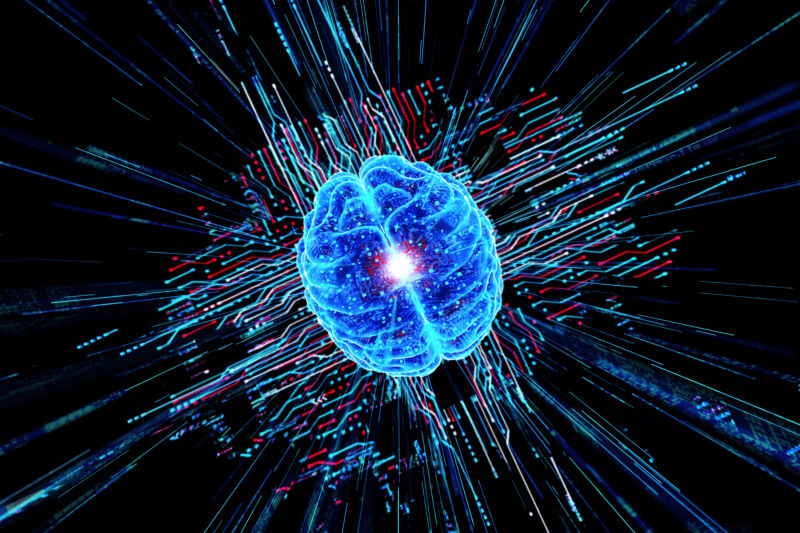Enlarge (credit: BlackJack3D/Getty Images)
Advances in artificial intelligence are making it increasingly difficult to distinguish between uniquely human behaviors and those that can be replicated by machines. Should artificial general intelligence (AGI) arrive in full force—artificial intelligence that surpasses human intelligence—the boundary between human and computer capabilities will diminish entirely.
In recent months, a significant swath of journalistic bandwidth has been devoted to this potentially dystopian topic. If AGI machines develop the ability to consciously experience life, the moral and legal considerations we’ll need to give them will rapidly become unwieldy. They will have feelings to consider, thoughts to share, intrinsic desires, and perhaps fundamental rights as newly minted beings. On the other hand, if AI does not develop consciousness—and instead simply the capacity to out-think us in every conceivable situation—we might find ourselves subservient to a vastly superior yet sociopathic entity.
Neither potential future feels all that cozy, and both require an answer to exceptionally mind-bending questions: What exactly is consciousness? And will it remain a biological trait, or could it ultimately be shared by the AGI devices we’ve created?
Read 50 remaining paragraphs | Comments

